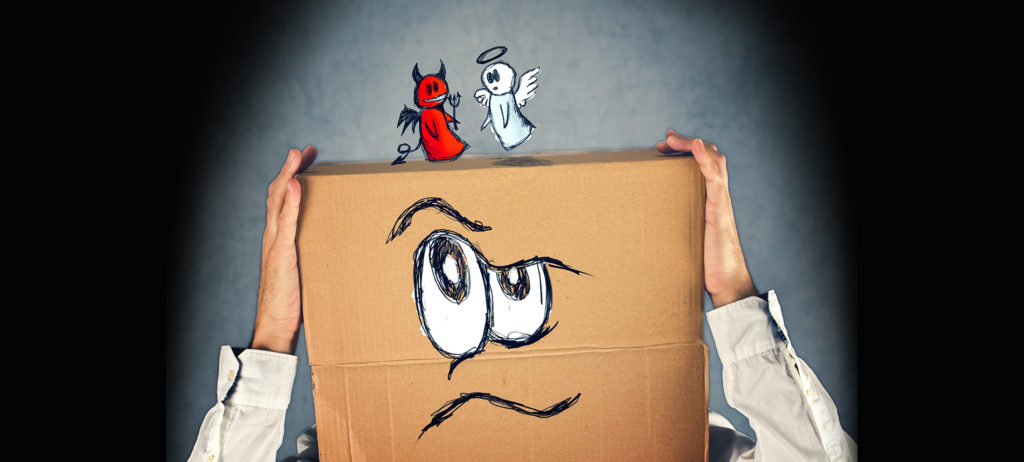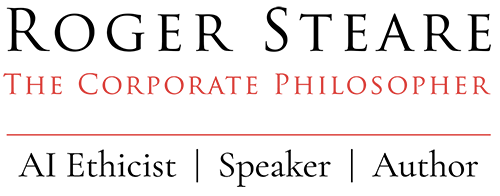Are we be both angels and demons?

Do good people do bad things? Do bad people do good things? Why do we demonise some people and sanctify others? Perhaps the truth is that we both good and bad, both angels and demons.
If we read or listen to the news headlines, almost all of the narrative defines people as good or evil. The terrorist is evil, the police officer is good. But if the police officer is undercover and uses his identity to trick a suspected activist into asexual relationship, is he still good? What about yesterday’s terrorist, who becomes today’s admired statesman?
Richard Wrangham is Ruth B. Moore Professor of Biological Anthropology at Harvard University and has just published The Goodness Paradox, in which he explores how Homo Sapiens has developed a sense of morality over the last 300,000 years. He explains that like many other pack mammals such as lions and wolves, we have high proactive aggression, which enables us to hunt and kill our food. But unlike lions and wolves, we have evolved low reactive aggression within our packs, or tribes. Low reactive aggression developed through language and our ability to settle disputes through negotiation rather than violence. Language also helps us secretively to build powerful coalitions against tyrants, who would otherwise have the power to kill weaker individuals. Wrangham argues that we became more angelic by killing bullies and despots.
If this sounds like a contradiction, it is. Sometimes to understand something, we need to accept that life isn’t black and white or that people are either good or evil.
In the UK this week, I believe that more of our Members of Parliament should stop seeing each other as good or evil, Leavers or Remainers. We need to avoid framing the incredibly difficult questions we face as simple, binary choices. In the EU Referendum we were asked a stupid and impossible binary question, which asked us to choose whether we thought that remaining or leaving the EU was good or bad.
“Should The United Kingdom remain a member of the European Union or leave the European Union?”
After nearly three years, we are finally beginning to use better thinking and language to debate would have been abetter, more granular question:
“What political and economic relationship do we want with the EU, for the benefit of all?”
The EU is neither good nor bad. Britain is neither good nor bad. But the political choices we make are moral choices which have good and bad outcomes. And what we really need not just in Britain, but across the world, are debates using constructive language and low reactive aggression about the moral questions we face. What is our moral purpose in life? What are the moral values we believe in? And what are the good simple rules we must obey in order to live a good life and achieve our moral purpose?
Sadly, our politics today pays little attention to the moral questions we face. We live in a society that defines its purpose as “crack consumerism”. We are addicted to more of everything, apart from a sense of good and evil, right and wrong.
“The web of our life is of a mingled yarn, good and ill together.”
WILLIAM SHAKESPEARE
